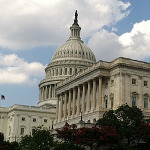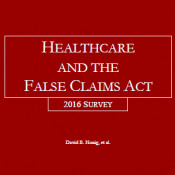EPA to the Oil and Gas Industry on its Request for Information: Never Mind
 Only months after the Environmental Protection Agency first contacted thousands of oil and gas companies demanding detailed information regarding methane releases from gas production facilities and related equipment, it has announced that the companies are “no longer required to respond,” reports Akin Gump in its AG Deal Diary.
Only months after the Environmental Protection Agency first contacted thousands of oil and gas companies demanding detailed information regarding methane releases from gas production facilities and related equipment, it has announced that the companies are “no longer required to respond,” reports Akin Gump in its AG Deal Diary.
in 2016 the EPA announced that it planned to send requests for information to approximately 15,000 oil and gas companies involved in onshore production, gathering and boosting, gas processing, transmission, storage and liquefied natural gas import/export. The agency wanted the information to “help the agency determine how best to address methane emissions from the oil and gas industry, including through rulemaking to reduce emissions.”
Now the EPA has announced: ““EPA has withdrawn the 2016 information request for the oil and gas industry, effective immediately. If you received a letter requiring you to fill out a survey, you are no longer required to respond.”
Akin Gump’s David H. Quigley, Christine B. LaFollette and Charles L. Franklin wrote the article.














